Slow Pyrolysis: Unlocking Biochar Production & Waste Management
In the pursuit of a circular economy and a greener future, slow pyrolysis emerges as a game-changing solution for sustainable waste management and resource recovery. This process not only transforms organic waste into valuable products but also produces biochar, a remarkable carbon-negative material with numerous applications. By harnessing the power of slow pyrolysis, we can unlock a world of possibilities for carbon removal, soil enrichment, and waste management.
Understanding Slow Pyrolysis
Slow pyrolysis involves heating organic feedstocks, such as agricultural residues, forestry waste, or municipal solid waste, at temperatures ranging from 550°C to 750°C in an oxygen-limited environment. This controlled thermal decomposition breaks down the biomass into three main products: biochar, bio-oil, and syngas.
The Biochar Advantage
Biochar, a carbon-rich, highly porous material, is the star product of slow pyrolysis. Its unique properties make it an invaluable tool for carbon sequestration, soil amendment, and environmental remediation. When applied to agricultural soils, biochar can improve soil fertility, water retention, and nutrient availability, leading to increased crop yields and enhanced food security.
Moreover, biochar's exceptional stability and resistance to decay allow it to sequester carbon for hundreds to thousands of years, making it a potent weapon in the fight against climate change (discover biochar’s permanence). By incorporating biochar into soils, construction materials, or other applications, we can effectively remove carbon dioxide from the atmosphere and create a significant carbon sink.
Waste Management and Energy Recovery
By valorizing waste streams through slow pyrolysis, we not only divert organic waste from landfills and reduce greenhouse gas emissions but also generate valuable resources that can contribute to a circular economy and promote sustainable development.
Environmental and Economic Benefits Slow pyrolysis offers a multitude of environmental and economic benefits, including:
Reduced greenhouse gas emissions through carbon sequestration and waste management
Improved soil health and increased agricultural productivity
Renewable energy production and fossil fuel replacement
Resource recovery
Economic opportunities through the production and utilization of biochar, bio-oil, and syngas
Embracing Slow Pyrolysis for a Regenerative Future
As we collectively strive toward a more sustainable and regenerative future, slow pyrolysis stands as a powerful solution for addressing environmental challenges and driving a circular economy. By embracing this innovative technology, we can transform organic waste into valuable resources, sequester carbon, and foster a greener, more resilient world for generations to come.


